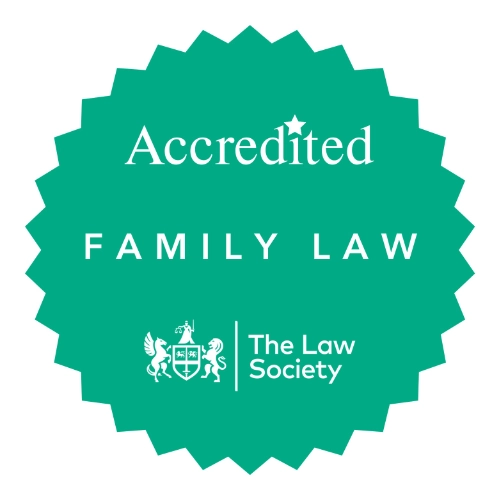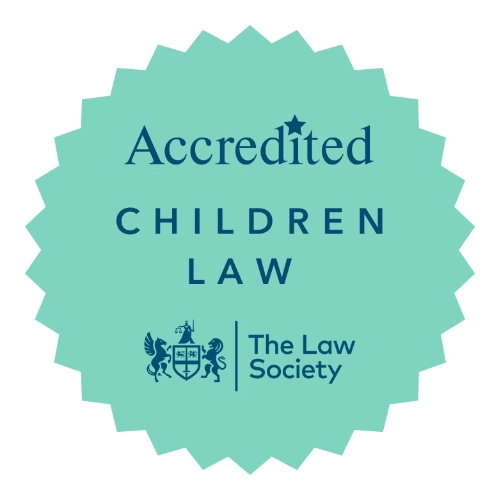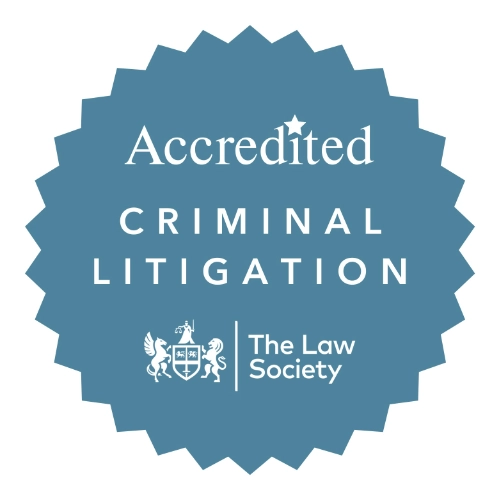Request a call back
Data & Privacy Information
We will store your data securely for 18 months and use it only to respond to your enquiry. We will not share your data without your consent, except where required by law. You have rights under data protection legislation; see www.ico.org.uk for more information. View our full Data & Privacy page for further details.
Wills
Benjamin Franklin, a Founding Father of the United States, wrote, “In this world, nothing is certain except death and taxes”. Whilst we may all acknowledge the truth in this, for many of us, death or the prospect of death, is something we would rather not think about. It is therefore not surprising to find that over half of the adult population in England and Wales do not have a Will in place.
Here at Dodds we have an experienced team of Wills and Probate Solicitors who will be happy to guide you through the various options – looking at potential Inheritance Tax issues or possible claims against your estate and provide you with all the advice you need to make informed choices. We aim to make the process as straightforward as possible – and many of our clients say afterwards that making a Will was much easier than they expected!
What is a Will and why should I make one?
A will is simply a written document which sets out how a person’s ‘estate’ will be distributed when they die. For the Will to be valid there are certain legal formalities which must be complied with when the Will is signed.
If you die without having a valid Will in place then the ‘Intestacy Rules’ will apply. These set out both the order in which your relatives will inherit and, in some cases, the amount they will receive. The rules are rigid and may lead to an outcome that you would not choose.
By contrast a Will is a very flexible document which can be tailored to suit your unique circumstances.
When making a Will you get to decide:
- Who will act as your Executors – this will usually be one or more of your beneficiaries or you can choose to appoint professional executors;
- Who you will appoint as Guardians if you have children under the age of 18;
- Whether to include legacies, for example, cash gifts to grandchildren or charities;
- Whether to include any specific gifts of property such as jewellery or a house;
- Your funeral wishes;
- Who will inherit your remaining or ‘residuary’ estate and in what shares.
Property which doesn’t pass under your Will
Not all property passes under your Will:
- A house or land which is owned by more than one person as ‘joint tenants’ (for example, a married couple). When the first of the two joint owners dies, the property passes to the surviving joint owner by ‘survivorship’. As the survivor then owns the property outright it forms part of their estate and passes under their Will on death;
- Monies in joint bank accounts – this usually passes by survivorship to the joint account holder;
- Pensions – most pensions allow for you to ‘nominate’ where your pension will go if you die before receiving it. This means that quite sizeable sums can pass outside your Will
- Life insurance policies – many of these have a named beneficiary so do not pass under your Will.
Even if property does not pass under your Will or the Intestacy Rules it can still attract Inheritance Tax. As part of the Will preparation process we will discuss your assets in detail with you – including those above.
Different types of Wills
Although all Wills are different to reflect individual circumstances, they tend to fall into certain types which vary in their complexity.
Our aim is to ensure that the Will we prepare for you is the one most suited to your financial and family situation.
Our Fees
Wherever VAT is shown below it is payable at 20%.
Simple Wills
The majority of our clients find that a simple Will is suitable for their circumstances. This type of Will could include, for example, specific gifts of personal possessions, simple gifts of cash, funeral wishes, the appointment of guardians and then the final distribution of the ‘residue’ to your chosen beneficiaries.
Our fees for the preparation of simple Wills are:
- A single simple Will – £275 plus VAT (£330 total)
- Simple mirror Wills – £450 plus VAT (£540 total)
More Complex Wills
This type of Will can be particularly beneficial for more complicated family and financial circumstances for example if you or your partner have children from a previous relationship or have been married or in a civil partnership before. This type of Will can be structured to protect assets from care home fees, to retain assets in the family in the event of relationship breakdown or bankruptcy or to protect the inheritance of a vulnerable individual.
Our fees for the preparation of complex Wills are:
- A single Will – £450 plus VAT (£540 total)
- A pair of Wills – £750 plus VAT (£900 total)
Click below to view examples of how Property Will Trusts can work:
Example 1: How Property Will Trusts Can Work
Mr and Mrs Smith own their property as ‘joint tenants’. Its value is £350,000. In addition, they have savings of £50,000 in a joint bank account. They have prepared ‘Simple Wills’ which leave everything to each other and then equally to their two children, Jack and Jill. Sadly, Mrs Smith dies. As the house and bank account are in ‘joint names’ both pass automatically to Mr Smith. A few months later Mr Smith finds that he can no longer live independently and has to move into a care home. The Local Authority carry out a financial assessment and, as his assets have a total value of £400,000, he is required to pay his care home fees in full. The Care Home fees are £1,100 per week so his savings go down quite rapidly. After 6 months he decides to sell the house. He receives the whole of the proceeds of sale so continues to pay his care fees in full until only £23,250 remains. At this point he no longer pays his fees in full but still has to make a contribution towards them. When his savings have diminished to £14,250 his contributions stop and the Local Authority take over the payments. On his death Jack and Jill receive £7,125 each.
Example 2: How Property Will Trusts Can Work
Mr Singh and Mrs Kaur own their property as ‘joint tenants’ but, having discussed with their Solicitor the possible impact of care home fees, decided to change their ownership so they hold it as ‘tenants in common’ in equal shares. Their house also has a value of £350,000 and they have joint savings of £50,000. They then made ‘Property Trust Wills’ which ensure that the survivor can live in the house for life or can move to a different property if they choose. Subject to that, the deceased’s half share passes equally to their two children, Sunny and Simran. Everything else simply passes to the survivor – or their children on second death. Mr Singh sadly dies. His half share of the property is now held on ‘trust’ for Mrs Kaur’s benefit. The money in the bank account passes automatically to Mrs Kaur. After a while Mrs Kaur also needs residential care and the Local Authority carry out a financial assessment. Her total assets are £225,000 (as she only owns half of the house). Like Mr Smith, she pays her care fees in full at first and then by making a contribution until £14,250 remains. When she passes away Sunny and Simran each receive, £94,625.
What’s included in the price?
All our Wills include meeting with a member of our Team to discuss your wishes and advise you on the terms of your Will. Our fee includes the preparation of the draft documents for your approval, preparation of final documents for signature and attending upon you to sign your Will. Our Wills include as standard the appointment of executors, funeral wishes, appointment of guardians for minor children (if required), provision for distributing your personal effects such as jewellery and simple cash gifts to individuals or charities. We will review your current liability inheritance tax as part of making your Will.
If you require specific inheritance tax advice beyond an initial review, we will agree a fee with you for that additional work.
A more complex Will includes either a protective flexible trust giving rights to income whilst ensuring that your executors retain control of capital after your death, or a full discretionary trust, giving your executors control of both capital and income.
What’s not included in the price?
If we have to check the ownership arrangements of your property with the Land Registry there will be an additional charge of £7.00. (There is no VAT payable on this amount).
If your arrangements require us to change the ownership of your property at HM Land Registry from joint tenants to tenants in common then an additional fee of £175 plus VAT (£210 total) will apply.
Next?
Our experienced and friendly Wills and Probate Team, based in Leicester, is here to help guide you making a Will for the first time or updating an existing Will.
You can contact us by telephone or email or arrange a face to face meeting in our office to discuss your requirements.
Give our team a call on 0116 201 8566 or contact us through our online enquiry form on our contact page.
Services
Why Choose Us?
Over 30 years' experience
LOCAL FIRM RUN BY LOCAL PEOPLE
MORE THAN FIFTY 5 STAR REVIEWS
LEGAL SERVICES
OTHER SERVICES
We cover a range of legal services here at Dodds Solicitors. We provide expert advice and professional legal services for clients in and around Leicester.
Contact us today, or give our office a call on 0116 201 8566.










